Description
In Turkey and many of the Silk Road countries, the humble pomegranate is seen as far more than a fruit – it is seen as a symbol of fertility, of abundance, prosperity and health. Pomegranates are smashed on the floor or the juice handed out to guests at weddings to wish newlyweds well. The fruit is the size of a large orange, obscurely six-sided, with a smooth leathery skin that ranges from brownish yellow to red; within, it is divided into several chambers containing many thin transparent arils of reddish, juicy pulp, each surrounding an angular elongated seed. Pomegranates are rich in antioxidants and flavonoids, both of which are known to prevent free radicals from damaging your cells. In some studies, pomegranates show potential to be effective in preventing prostate, breast, lung, and colon cancers. Flavor: With an exotic fruit like pomegranate it’s totally safe to ask what does pomegranate taste like? Pomegranate arils taste a lot like cranberries—fairly tart with a bit of sweetness underneath. Pomegranates are also a great source of folate and other B-vitamins as well as vitamins C, E, and K. (Unfortunately, the process of pasteurizing pomegranate juice destroys the vitamin C content.) They also contain the minerals potassium, phosphorus and magnesium. These fruits even have a bit of protein and iron. The word pomegranate is derived from the medieval Latin “pomum granatum,” meaning apple of many grains or seeds. Because of its exotic appearance and prolific seed clusters.


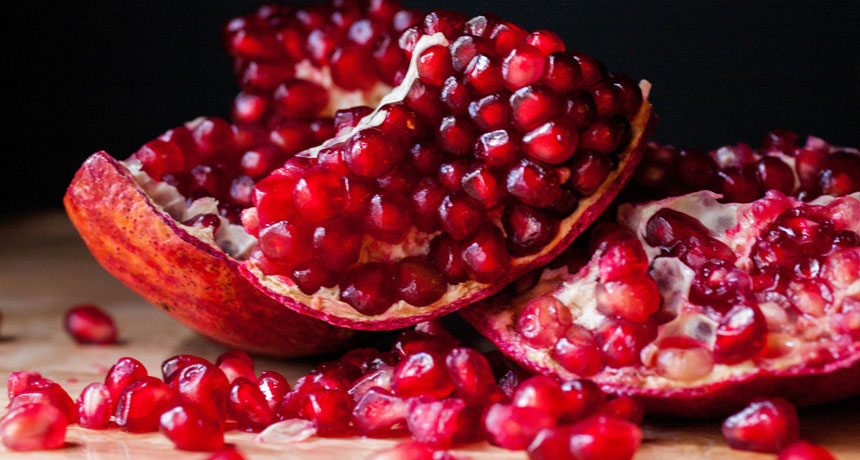
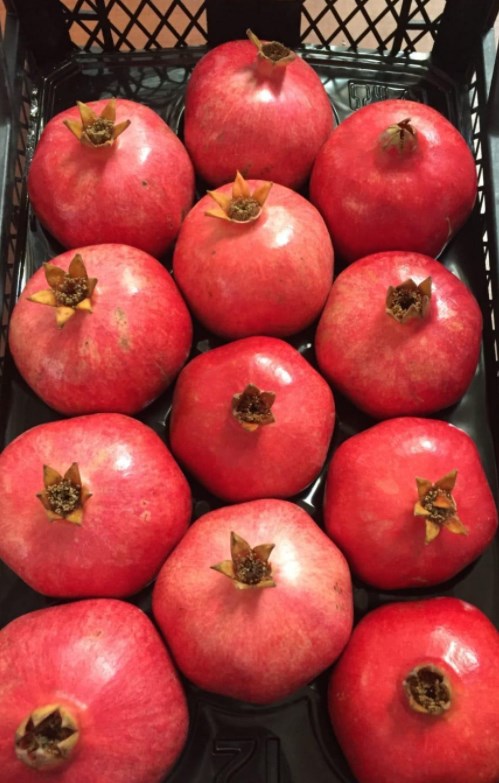
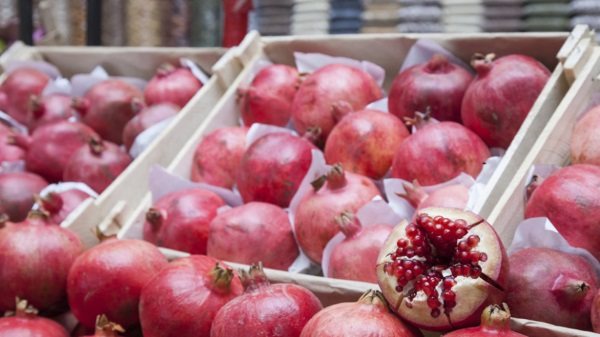
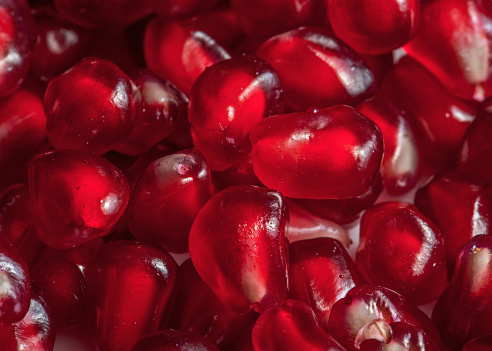
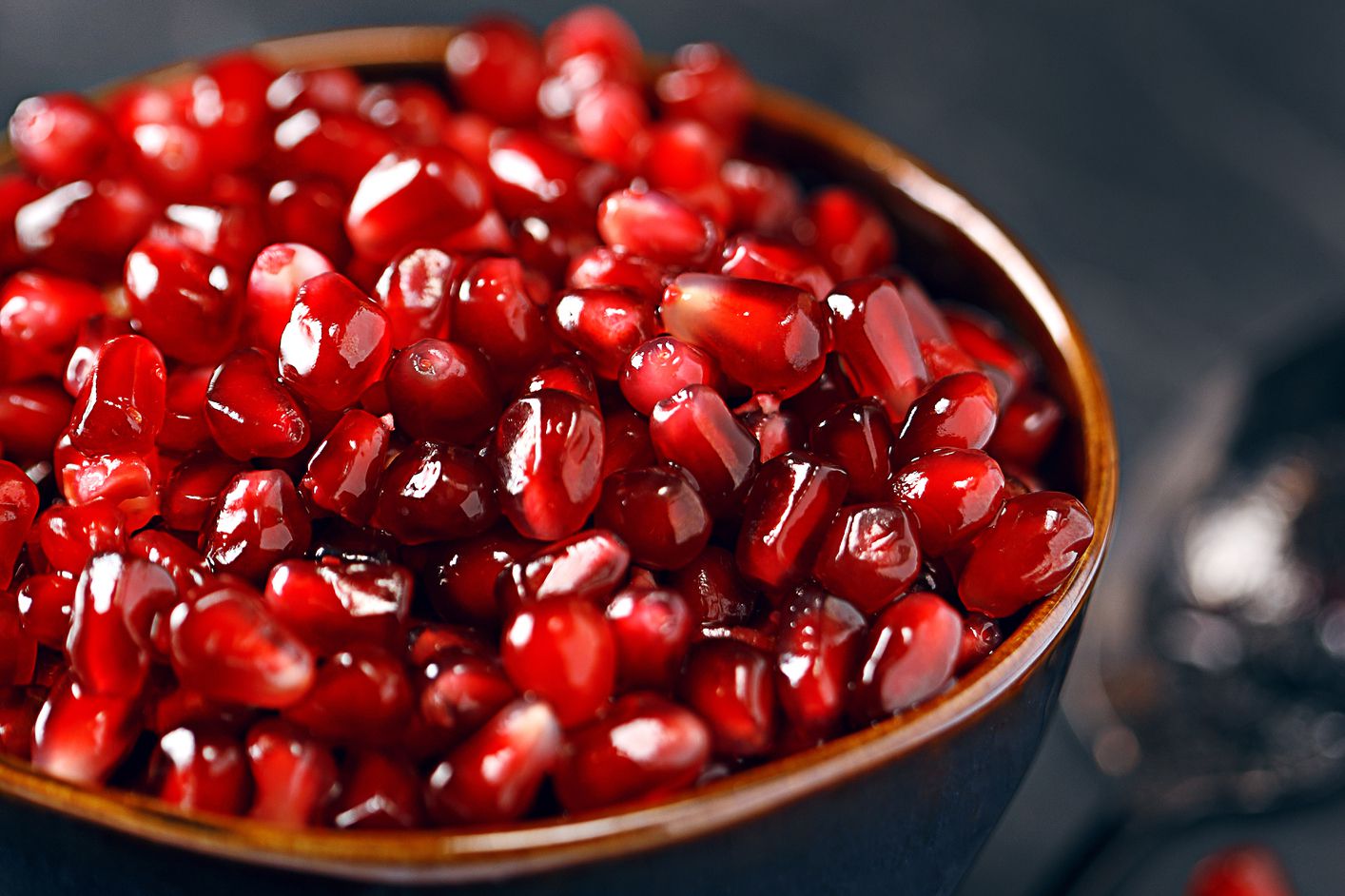
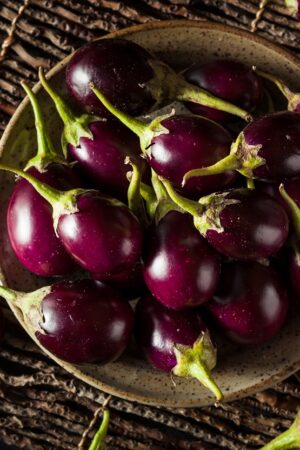
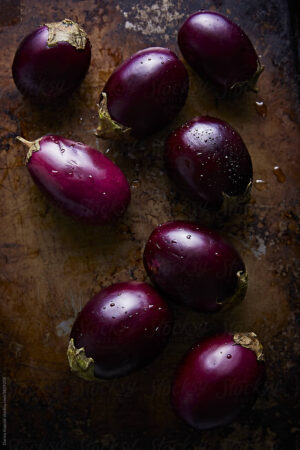
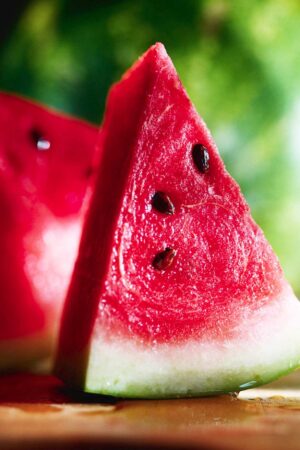
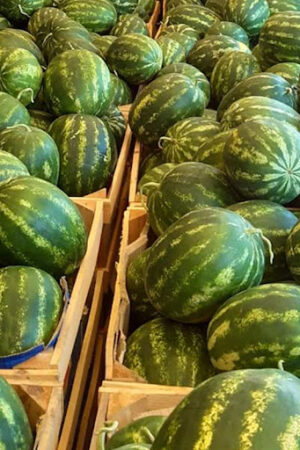

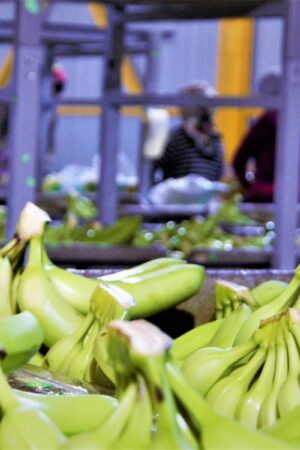
Reviews
There are no reviews yet.